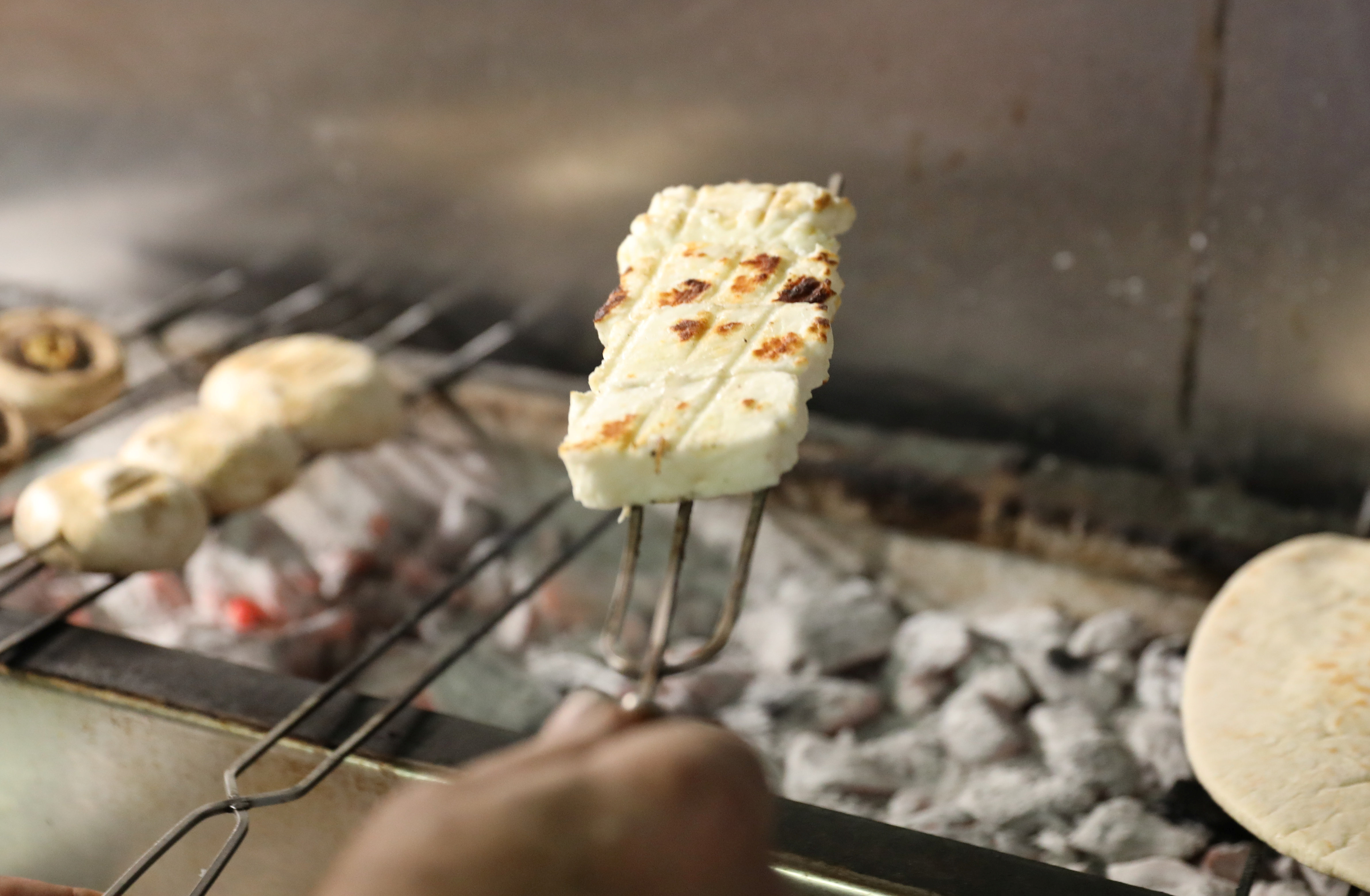An external evaluator will be assigned to help calculate the cost of milk production, following disagreement among milk producers, the ministry announced.
Agriculture Minister Petros Xenophontos, meanwhile, said on Tuesday that a meeting with stakeholders had “been conducted in a climate of excellent relations” and that “good work” had been done.
The external expert will be employed to work out a formula to be used as a “reference point” for producers to separately calculate their cost of milk production, the minister said.
The meeting on Monday, with representatives of the cheesemakers association, and cattle, sheep and goat farmers, was called to address ongoing hiccups and dissatisfaction, including a threat to strike on Thursday, over the implementation of the July 2022 agreement on PDO halloumi production.
The agriculture minister met with all the agencies involved in the production and marketing of PDO halloumi, including representatives from the ministry of energy, trade and industry and the Cyprus chamber of commerce (Keve).
“The meeting took place in a climate of excellent relations and negotiations are underway,” Xenophotos told state broadcaster CyBC.
He reiterated that the decree to raise the ratio of sheep and goats’ milk from 10 to 19 per cent was in place and was going to be controlled.
The minister declined to be drawn into details, including explaining what prompted the decree, since a timeframe for incrementally increasing the ratio of goat and sheep milk in halloumi was already in force per agreement with the EU.
Asked if the decree was being enforced, the minister said, “I can’t say if the decree is being implemented, inspections will determine this.”
Based on the available milk quantities suspicions abound about 7,000 tons of halloumi being produced with imported dairy milk powder–a practice that falls outside of the PDO specifications. A shortage of 55 million litres of sheep and goats’ milk has been claimed.
Cattle breeders made this assertion during a House committee meeting on September 12, saying that 80 per cent of cheesemakers use milk powder.
Regarding the detection of imported milk powder in halloumi, the University of Technology, Tepak, is working on a way to accredit produce through DNA testing, which would determine whether the milk it contained was local or foreign.
Last week, inspectors from the ministry of agriculture carried out administrative and laboratory checks taking samples of halloumi from cheese factories in order to establish their compliance.
Checks at hotels, restaurants and cafes where ‘grilling cheese’ may be passed off as halloumi are also under discussion, according to reports. Block grilling cheese does not need to follow halloumi specifications and can contain only milk powder if a producer so wishes.
Over the next few days the minister is expected to hold further meetings with all involved, in an effort to reach a consensus on all points of disagreement regarding the future of the product.







Click here to change your cookie preferences